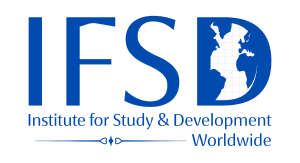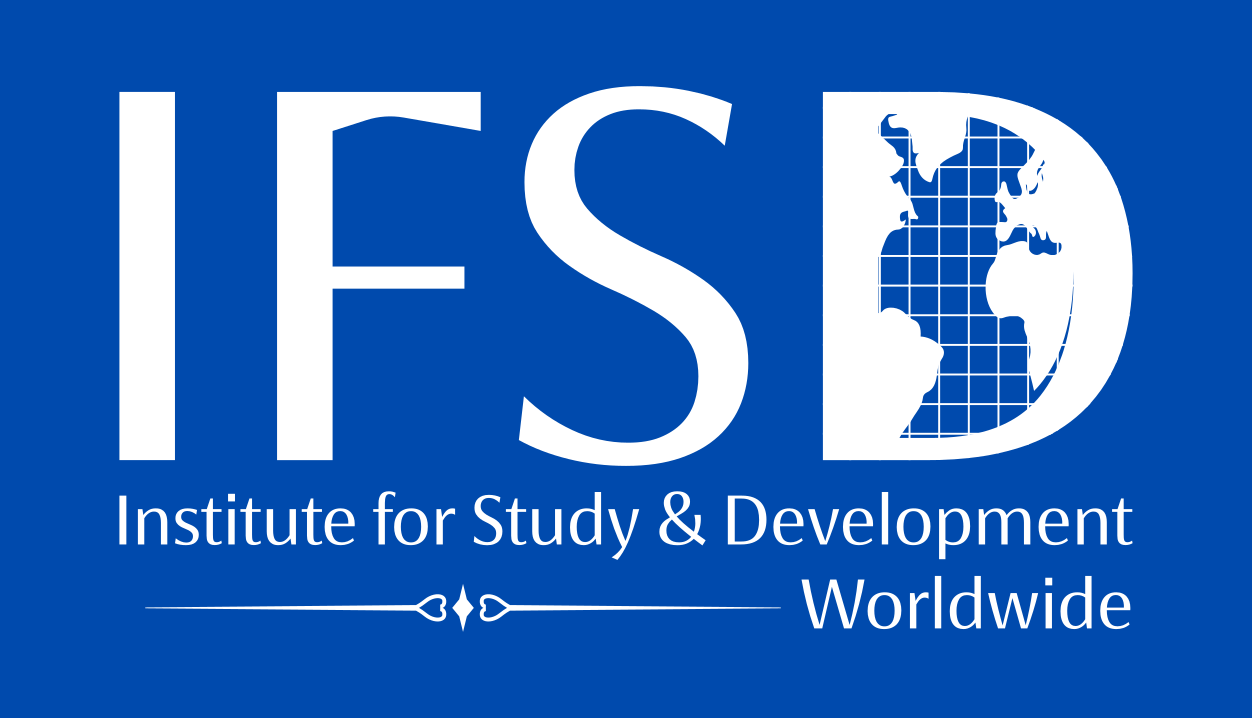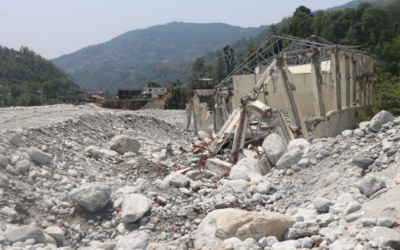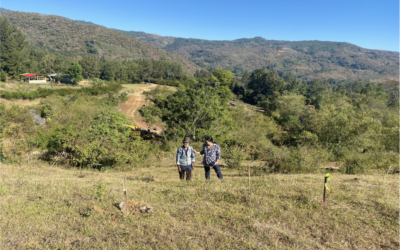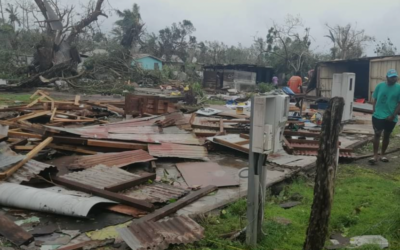By Manish Shrestha | 9 June 2023
In this blog, I am going to share a recent experience where I and my co-authors, Sachin and Subash, had the opportunity to receive invaluable guidance and support from a senior researcher. As Master’s students, all of us were actively searching for proper guidance to improve our draft paper for publication in a reputed journal.
For a young researcher like me, guidance and support can make a significant difference in refining a collection of paragraphs and data into a high-quality article. As a researcher, I have personally experienced the importance of such guidance and developed a deep appreciation for the benefits of having a mentor who can provide valuable guidance, suggestions, and constructive criticism throughout the entire research and publication journey.
Through my internship at the Institute for Study and Development Worldwide (IFSD), I had the privilege of receiving excellent guidance from Dr. Jagadish Timsina and Dr. Hemant Ojha, IFSD senior advisors, together with the feedback from IFSD’s research officer Priyanka Gurung. Dr. Timsina was our lead mentor for the paper, and he provided us with very useful guidance on what is required to create a high-quality journal paper, completely transforming our approach to writing. He provided us with invaluable guidance in writing, reviewing, editing, and revising our work, which ultimately culminated in the successful publication of our paper titled, “Do Managed Hill Sal (Shorea robusta) Community Forests of Nepal Sequester and Conserve More Carbon than Unmanaged Ones?” in the Environment and Natural Resources journal.
This study examined how management practices affect carbon stock in two community forests dominated by Sal trees in Nepal. We demonstrated that managed forests have considerably higher carbon sequestration potential and above and below-ground biomass than unmanaged forests. The study concludes that proper forest management practices such as thinning, timber extraction, fire control, grazing, and fuel wood/fodder extraction are essential for increasing carbon stock in forest trees and soils. Our findings also suggest that community forests in Nepal have the potential to make a significant contribution to mitigating climate change through above- and below-ground carbon sequestration.
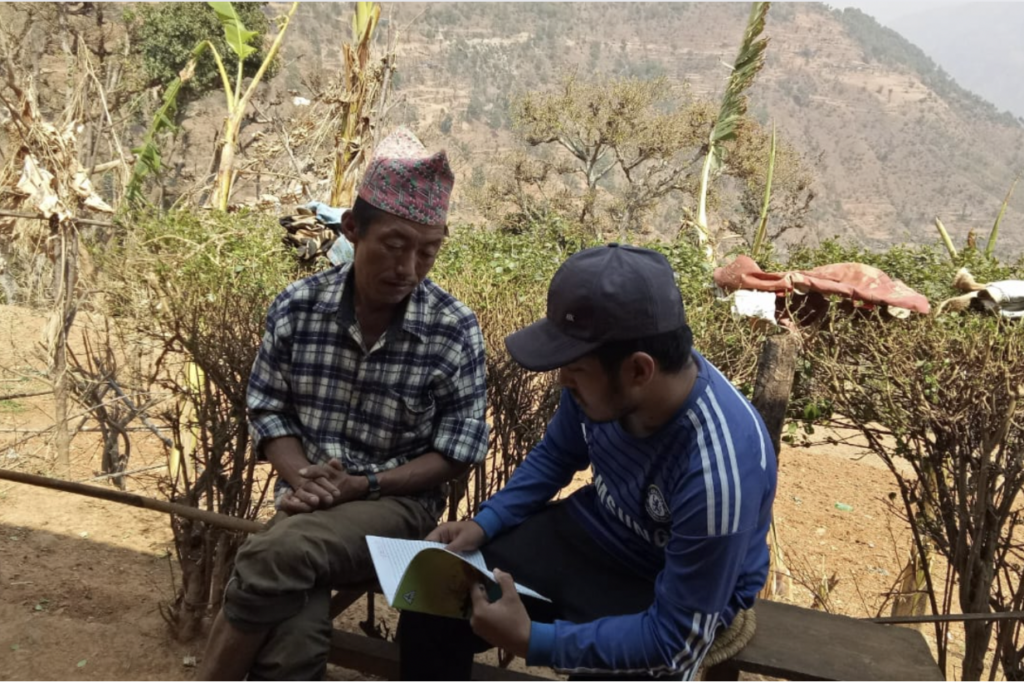
Capturing insights from a farmer during my field trip in Okhaldhunga
We have now realized producing a high-quality research paper involves proper organization, vocabulary selection, and adherence to formatting guidelines specified by the intended publication. Guidance on this matter made it easier to put the concepts together and write a cohesive manuscript. Dr. Timsina did not just guide us on conceptual aspects – he also provided proper direction and support, emphasizing the importance of organizing, language use, and formatting, which helped us meet the standards of the journal. Dr. Timsina provided us with constructive feedback, which helped us identify the areas of weakness and take steps to improve our writing skills.
All of us recognized the vital role that collaboration with co-authors, mentors, and reviewers plays in the successful publication of a paper. Our work underwent a thorough peer review throughout the publication process, and we received valuable feedback from reviewers. Under Dr. Timsina’s mentorship, we learned how to analyze feedback and use it to improve our work, which not only improved our writing but also enhanced our critical thinking skills.
From this transformative learning experience, I have realized that receiving adequate guidance and support is crucial to writing and publishing high-quality research papers. Through collaboration with mentors and peers, I have been able to enhance my writing skills, improve my collaboration, refine my concepts, and maintain motivation throughout the process.
I strongly believe that anyone keen to pursue a career in research, writing, or publishing, or any young researcher aiming to transform their reports into publishable papers, can substantially benefit from similar guidance and support. I encourage anyone interested in improving their writing to seek guidance and support from any available source. I am grateful for the guidance and support provided by Dr. Timsina and the IFSD team in my career development.
Manish Shrestha is a graduate student pursuing a Master’s degree in General Forestry from Tribhuvan University. His research interests lie in the areas of forestry, ecosystem restoration, and community-based natural resource management (CBNRM).
